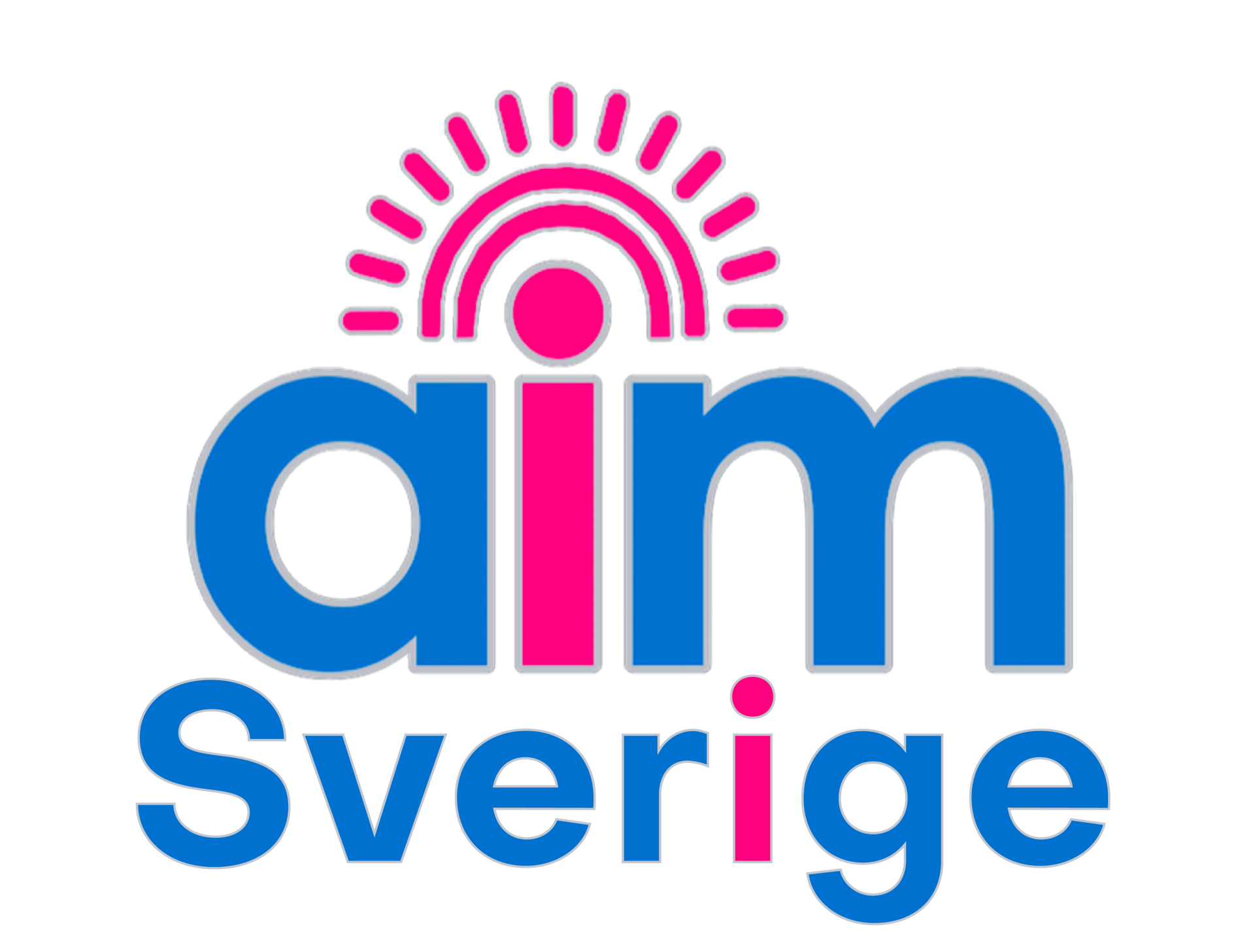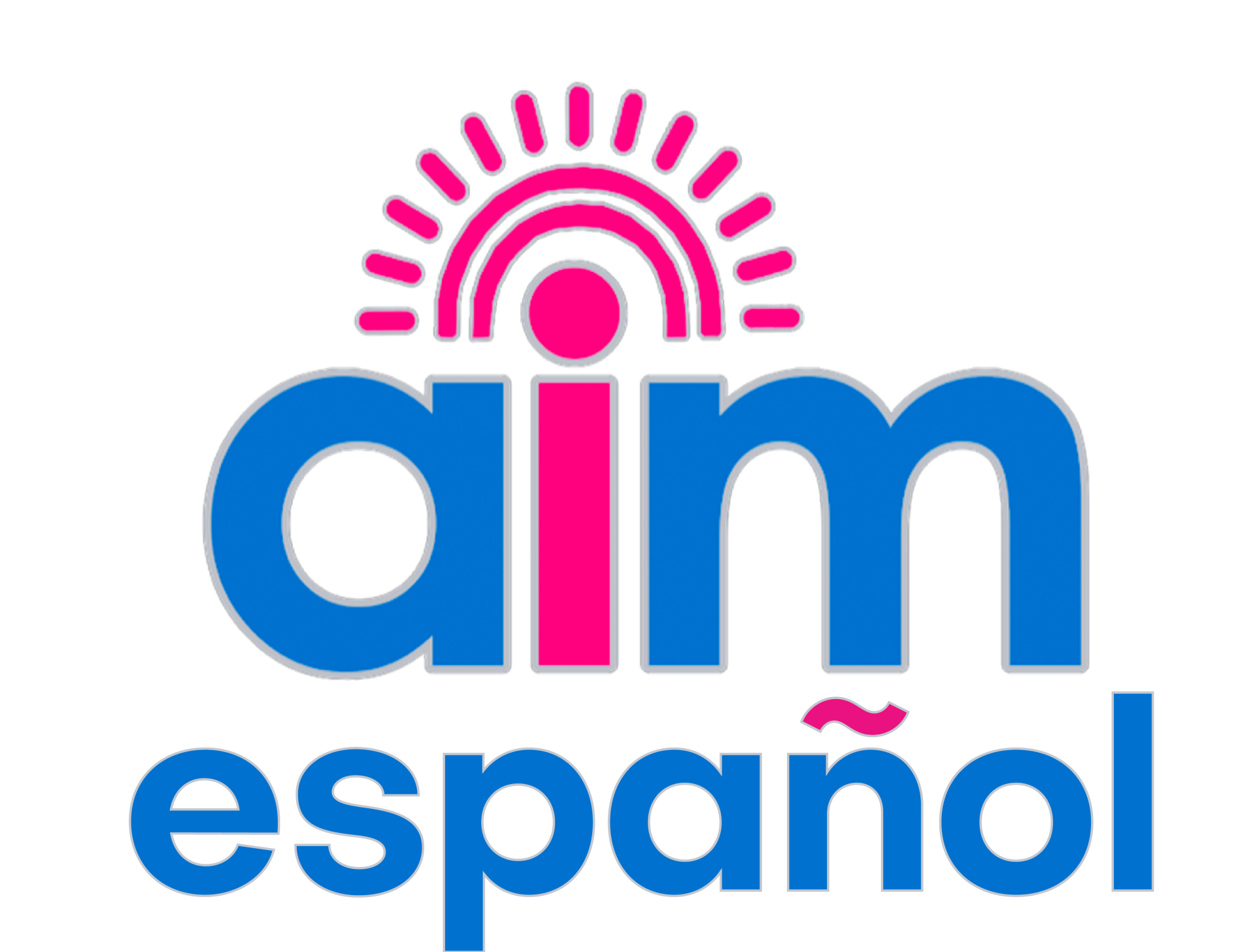In a Nutshell, What is Montessori?
As a reflective process, we ask our summer Residency students to break into small groups and think about what Montessori is and how they might explain it to someone they meet in an elevator. It is sometimes difficult to put something that is so unique and beautiful and complex into just a few words, but they all tried.
I teased one group that if it was an elevator speech, they must have risen to the 40th floor! (See # 9.)
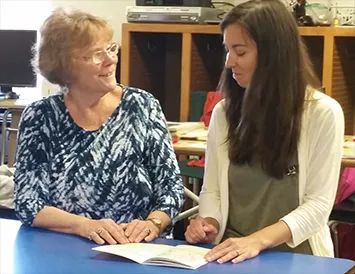
- Montessori is a lifetime adventure that allows children to explore in prepared and natural environments. It gives them the opportunity to develop the skills to succeed in life and to find their inner selves.
- Montessori education instills mindfulness, kindness and peace and freedom within a prepared environment. Children receive more individual attention than in any other system of education, even as the environment encourages intrinsic motivation and extended periods of concentration. The materials are geared toward specific stages of child development and multi-age classrooms bring a sense of belonging and community.
- What is Montessori? It is a way of life that nurtures the body, mind and spirit of children and encourages them to develop into their best possible selves. The spirit of the child preserves the best of mankind’s humanity and culture. Maria Montessori used her scientific and medical background to observe children in order to develop this natural means of educating them.
- Montessori is an individualized learning process that empowers children to be independent. It offers self-correcting activities that promote freedom and self-discipline that arise from within. Montessori guides don't teach children how to do things as much as show them how to do it themselves, preparing them for the challenges of today and tomorrow. As guides we are learning partners with our children and we learn from them as they learn from us.
- Montessori is an educational method that begins with observation of the child. We observe their interests and desires that motivate them to express themselves through work. It utilizes concrete materials that are presented with precision and care. The clear concepts created through handling concrete materials translate into abstract ideas that prepare the child for life. The lessons taught in Montessori education instill an appreciation and respect for the environment, community and a strong sense of self.
- Montessori is the education of the whole child including physical, emotional, mental, spiritual and social ways of being. It is a child-centered environment where children are given freedom to choose work based on their developmental needs and interests. The teacher, or guide, works to establish core values of respect and peace while encouraging independence. Through careful observation, the guide links children to what they need in the environment. The child becomes normalized through the integration of mental and physical energies.
- Montessori is a method created with the needs of individual children in mind. It provides freedom and independence within a structured environment and respects the natural development of the brain as well as individual needs and interests. Montessori is a preparation for life.
- Montessori offers an individual learning process for each child in an environment of freedom with structure and independence that is child-centered. Our aim is to empower children by teaching them to do things themselves rather than to do things for them. Children learn self-discipline and care for self, each other and the environment.
- Montessori education is a holistic approach to teaching children. It was developed by Maria Montessori, M.D. who developed her system by observing and following the internal law of development in children. Through her observations, she concluded that children have an innate desire to be independent.She realized that the role of the teacher is not to pour knowledge into the child but rather to give the child tools for exploration of the world around him.She developed classroom work around four major avenues: practical life, sensorial, language and math.
She developed practical life activities as a way for young children to feel comfortable in their environment while learning basic skills and honing both gross motor and fine motor skills. Sensorial materials assist the child to develop and refine the five senses to take in clear concepts. Language helps children express themselves and learn to write and read, while math offers concrete objects to learn counting and the four operations all the way into the abstract. One of the most important things about her message is that the role of the teacher is as “aid to life,” responding to the inner needs of each child.
She developed practical life activities as a way for young children to feel comfortable in their environment while learning basic skills and honing both gross motor and fine motor skills. Sensorial materials assist the child to develop and refine the five senses to take in clear concepts. Language helps children express themselves and learn to write and read, while math offers concrete objects to learn counting and the four operations all the way into the abstract. One of the most important things about her message is that the role of the teacher is as “aid to life,” responding to the inner needs of each child.
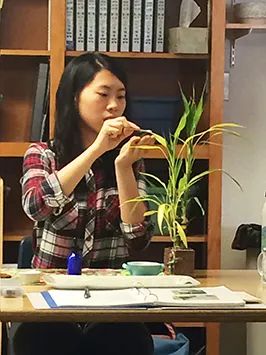
In the case of this summer’s students, most of them are already in classrooms. Some years we have students who are just starting the journey to become a Montessori teacher, while in many cases we have students who have been assisting in classrooms for a year or more and decide they want to become certified teachers.
As you read these “speeches,” you can see certain recurring themes and some very insightful comments. Freedom, independence and individualized learning are key themes. Not everyone notices the degree of individual attention each child gets, as when you visit a class, you might see children very focused on their work without a teacher at hand. But the teacher, or guide, has acted as the dynamic link between the materials and the child.
The guide is always observing and making decisions about what materials to present in order to keep children progressing in each avenue, but also to try and achieve what we call “the great match.” This is when we provide just the right material at the right time to catch the wave of emerging development. When we give a child just the perfect piece of material, he or she erupts into extended focus and concentration, with high interest and joy. When we see these moments of a formerly-restless child finally concentrated, we realize that doing what nature needs us to do in sync with the “sensitive periods” in development brings joy and peace.
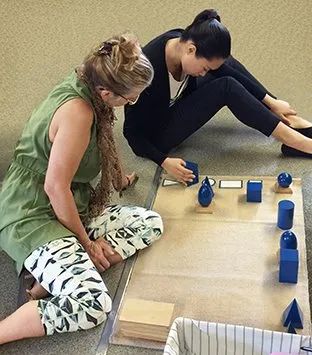
As parents and teachers, the more we understand about the needs of development at each stage, we can work with the child and provide what he needs, when he needs it. Many times a child who is out of sorts simply needs some particular kind of activity but is unable to articulate it. For example, the brain sends out a message that it is time to develop the ability to speak. The child needs to babble. So if we try to shush him, we are actually going against his spontaneous development. When a child walks on the curb, or the middle line of the sidewalk when you want him to hold your hand and walk next to you, he is not trying to irritate you, he is finding his balance.
We need to understand what that need might be and try to provide something suitable. This is really the premise behind Montessori classrooms and the delightful blend of materials we offer. Each and every piece of materials was designed to meet some step in development. If it does not meet that criterion, it does not stay in the classroom. Maria Montessori was a medical doctor, a scientist and an observer of nature. Over her many years as an educator she designed many materials that she later tossed out, because they did not consistently interest children and assist them to develop.
You can learn more about the needs of the child and how to meet them in our two-week course “Why Montessori Works!”
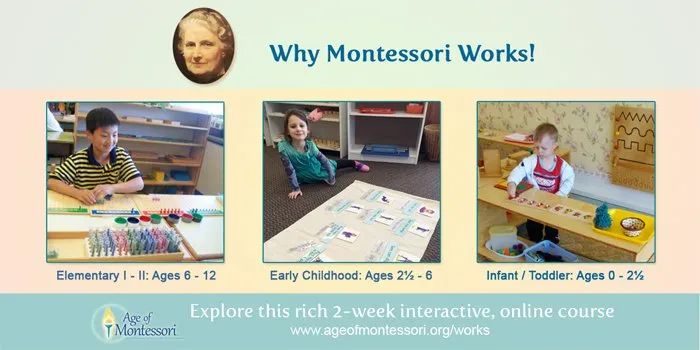
Or, if you would like to become a Montessori teacher,for more information on our teacher education courses for early childhood or elementary. Call our Student Advocate at 406-284-2160.

